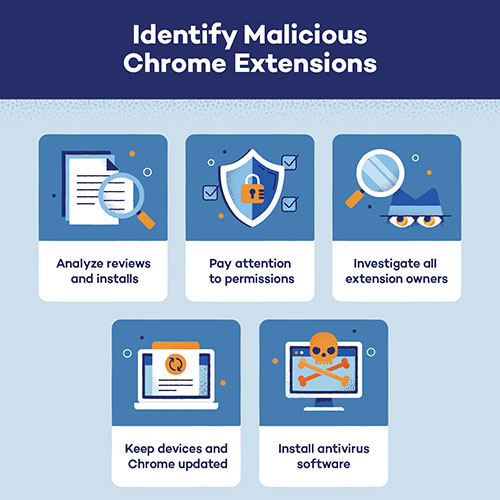
Russian hackers have successfully bypassed Google's multi-factor authentication (MFA) in Gmail, enabling them to execute targeted attacks. Security researchers at the Google Threat Intelligence Group (GTIG) report that the attackers achieved this through sophisticated social engineering, posing as U.S. Department of State officials.
The attackers built a rapport with their targets, then tricked them into creating and divulging app-specific passwords. These are 16-digit codes generated by Google, designed to allow older or less secure applications and devices (like certain email clients or cameras) to access a Google Account when MFA is enabled, bypassing the standard second verification step.
While app passwords serve a legitimate purpose for compatibility, they inherently skip the crucial second layer of security. This makes them significantly easier for hackers to steal or phish compared to a full MFA login.
In one example documented by CitizenLab, attackers initiated contact by impersonating a State Department representative, inviting targets to a private online consultation. The invitation, sent from a Gmail account, deceptively CC'd four accounts. This created a false sense of security, leading targets to believe their conversation was being monitored by actual State Department personnel. It's highly probable these addresses were fabricated, as the State Department's email server accepts all messages without sending bounce responses, even for non-existent addresses.
As the conversation progressed and the target showed interest, they received an official-looking document. This document provided instructions to register for an "MS DoS Guest Tenant" account, detailing a process to "add your work account… to our MS DoS Guest Tenant platform." Crucially, it directed the target to create an app password to "enable secure communications between internal employees and external partners."
Thus, targets were led to believe they were creating and sharing an app password to securely access a State Department platform. In reality, they were inadvertently granting the attackers full access to their Google account.
This sophisticated campaign, which spanned several months, primarily targeted prominent academics and critics of Russia. The meticulous detail and skill involved in these attacks have led researchers to suspect a Russian state-sponsored entity is behind them.
Stay Safe: Avoid App Passwords When Possible
With this bypass now exposed, we can anticipate a rise in social engineering attacks leveraging app-specific passwords. Here’s how you can protect yourself:
● Limit App Password Use: Only use app passwords when absolutely necessary. Prioritize switching to apps and devices that fully support more secure sign-in methods.
● Strengthen MFA: While enabling MFA remains crucial, remember that not all MFA methods offer equal protection. Authenticator apps (like Google Authenticator) or hardware security keys (FIDO2/WebAuthn) are far more resistant to attacks than SMS-based codes or app passwords.
● Boost Phishing Awareness: Continuously educate yourself and others on how to recognize phishing attempts. Attackers frequently bypass MFA by tricking users into revealing credentials or app passwords through deceptive phishing tactics.
● Monitor Account Activity: Remain vigilant for unusual login attempts or any suspicious behavior, such as logins from unfamiliar locations or devices. Limit unnecessary logins.
● Keep Software Updated: Regularly update your operating system and all applications to patch vulnerabilities that attackers could exploit. Enable automatic updates whenever possible to ensure timely security improvements.
● Utilize Security Software: Employ security software capable of blocking malicious domains and identifying scams.
See What’s Next in Tech With the Fast Forward Newsletter
Tweets From @varindiamag
Nothing to see here - yet
When they Tweet, their Tweets will show up here.





























